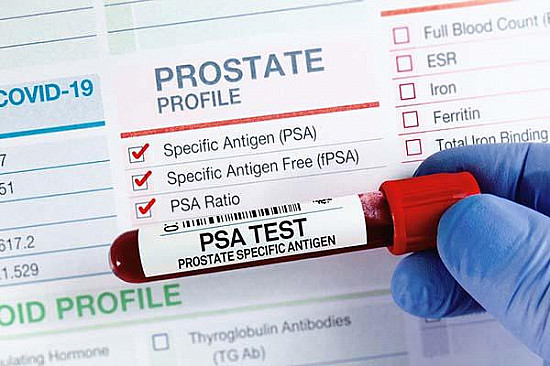FDA approves new PSA test
The FDA has approved a new kind of PSA test for determining prostate cancer risk. The company that developed the test, Beckman Coulter, Inc., claims that it can help physicians to tell the difference between prostate cancer and benign prostate conditions.
The Prostate Health Index (PHI) test is approved for use in men 50 years and older with a total PSA between 4.0 and 10 nanograms per milliliter (ng/ml) and whose physical exam does not find signs of cancer. Making a diagnosis in this PSA range requires a biopsy, but it would find cancer only 25% of the time. The PHI test is intended to help doctors determine which men with a PSA between 4.0 and 10 are most likely to have prostate cancer, potentially reducing unnecessary biopsies.
To continue reading this article, you must log in.
Subscribe to Harvard Health Online Plus (HHO+) to unlock expert-backed health insights, personalized tools, and exclusive resources to feel your best every day.
Here’s what you get with your HHO+ membership:
- Unlimited access to all Harvard Health Online content
- 4 expertly curated newsletters delivered monthly
- Customized website experience aligned to your health goals
- In-depth health guides on topics like sleep, exercise, and more
- Interactive features like videos and quizzes
- Members-only access to exclusive articles and resources
I’d like to subscribe to HHO+ for $4.99/month to access expert-backed content to help make smart, informed decisions about my well-being.
Sign Me UpAlready a member? Login ».
Disclaimer:
As a service to our readers, Harvard Health Publishing provides access to our library of archived content. Please note the date of last review or update on all articles.
No content on this site, regardless of date, should ever be used as a substitute for direct medical advice from your doctor or other qualified clinician.















